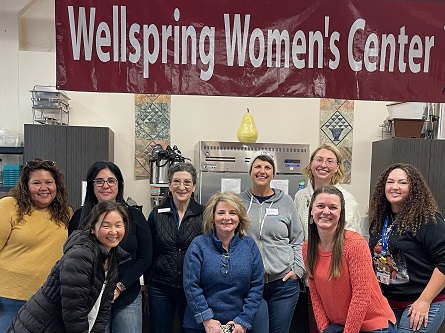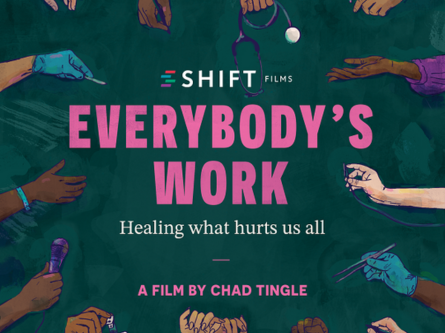By Alyssa Weakley, Ph.D. and Sudev Namboodiri, B.S.
The United States is experiencing great demographic shifts. First, the population is getting older. Second it is becoming more racially and ethnically diverse. Within two decades, the number of older adults from racially and ethnically underrepresented populations is expected to surge by 105% (The Administration for Community Living, 2021). This is significant because as adults age, care needs rise. Diverse care receivers utilize formal support services (e.g., paid caregivers) rarely. Rather, family members, including adult children and grandchildren, often take on informal caregiving roles due to a strong identification with and prioritization of family over personal needs and particularly in the context of significant cultural, language, and socioeconomic barriers. Although caring for elders can be rewarding, it is not free from challenges and can have negative effects on finances, other personal and family obligations, and health, including mental health.
One of the biggest obstacles for diverse care receivers and their family caregivers is the lack of culturally responsive resources. This is at least partially driven by a lack of representation in caregiving research. Unfortunately, this is not an uncommon occurrence, as participant-based research predominantly enrolls White, well-educated, English-speaking participants. This results in resources, tools, and services that meet individualist as opposed to collectivist ideals, and do not fit the needs of all who require them. In our rapidly diversifying country, there is an urgent need for understanding the care giving and receiving styles and preferences practiced by different cultural and ethnoracial groups.
Our research team is attempting to fill a pocket of this gap by focusing on South Asians living in the U.S. The U.S. Asian population is the nation’s fastest-growing ethnic group. It is projected to reach 46 million by 2060, and the South Asian population makes up around 25% of this group. The United States is the second most popular destination for South Asians living abroad, with nearly 5.4 million South Asians in the U.S. Consistent with collectivist cultural values, family-based care is a societal expectation for many South Asians. However, research is lacking on how these perspectives affect care receiving preferences, caregiving styles, strategies used, and alternative desired resources and supports, including technology and artificial intelligence. We also recognize that perspectives may change across generations or through acculturation. Thus, our Intergenerational-Care project is focused on examining not only cultural differences between White and South Asian Americans but also generational differences between younger family members (e.g., child, grandchild) and older care receivers (e.g., parent, grandparent). The information gained from Intergenerational-Care will directly influence the development of more culturally relevant caregiving doctrine and tools, including revision of the caregiving tool, Interactive-Care. Interactive-Care is a web-based application designed to meet the needs of caregivers and their care receivers who have cognitive impairment by providing a shared platform to help manage everyday activities and brain health, while also enhancing communication and their relationship. Ultimately, we believe that culturally adept, person-centered caregiving tools will lead to better caregiving and downstream health outcomes.
If you are interested in participating in the Intergenerational-Care project please follow the link https://studypages.com/s/study-of-care-receiving-and-caregiving-preferences-of-south-asians-and-white-older-adults-230994/. For additional information on the Interactive-Care platform and other research opportunities please contact Dr. Alyssa Weakley at aweakley@ucdavis.edu.





